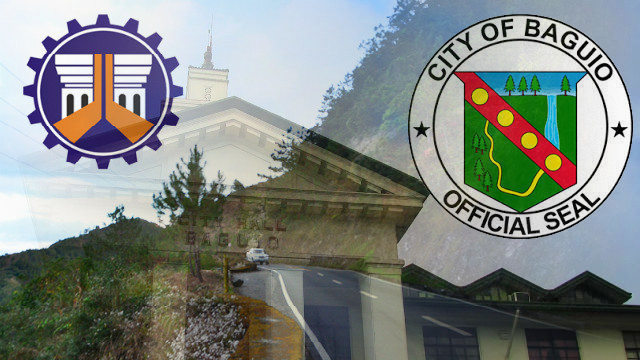BAGUIO CITY – More than eighty five percent of some 2,184.60 kilometers of unpaved national roads in the different parts of the Cordillera were paved following the infusion of around 16.4 billion by the national government to concrete major roadlines regionwide over the past three years.
Engr. Edilberto P. Carabbacan, regional director of the Cordillera office of the Department of Public Works and Highways (DPWH-CAR), said only 41.75 percent of the region’s national roads were paved at the end of 2011 before the national government infused substantial funds in order to concrete all national roads nationwide to enhance inter-municipal- inter-provincial and inter-regional connectivity which will translate to economic growth in the countryside.
“The region’s ecotourism industry will be the primary beneficiary of paved roads because it would now be easier to travel in various tourism destinations around the region in just few hours instead of the previous days of travel just to reach the desired destinations of foreign and domestic tourists,” Carabbacan stressed.
From only P3.3 billion allocation for the paving of national roads in the region in 2012, the funding doubled in 2013 with a total of P6.74 billion before it slightly dropped to P6.4 billion last year.
Earlier, President Benigno Simeon C. Aquino III committed that all national roads and 80 percent of the country’s secondary arterial roads will be concreted when he steps down from power by the middle of 2016.
Carabbacan said the remaining 15 percent of unpaved national roads in the different parts of the region will be concreted within the projected deadline by the middle of 2016 while those that will not be paved are the secondary national arterial roads which will be programmed for concreting in the coming years.
According to him, all the programmed projects along various national roads in the region were completed last year while they were able to bid out some of the programmed projects this year so that contractors will be able to implement their concreting works during the summer months to prevent inconveniences to the public during the rainy months.
He explained the prioritization of the national roads and secondary arterial roads to be concreted is based on the criteria of the central office’s highway development and modernization program as per the database which was established during the first two years of the Aquino administration.
The DPWH-CAR official pointed out the agency’s allocation of funds depends on the status of the national roads and secondary arterial roads and not to the lobbying of politicians that is why local leaders in the region should be thankful to the President and Public Works Secretary Rogelio Singson for working on a database that pinpoints which among major roadlines must be concreted first.
He applied to the motoring and commuting public encountering inconveniences along roads where most projects are implemented to be patient because they will experience convenient travel once all the concreting works shall have been completed by the agency in the coming years. By Dexter A. See












